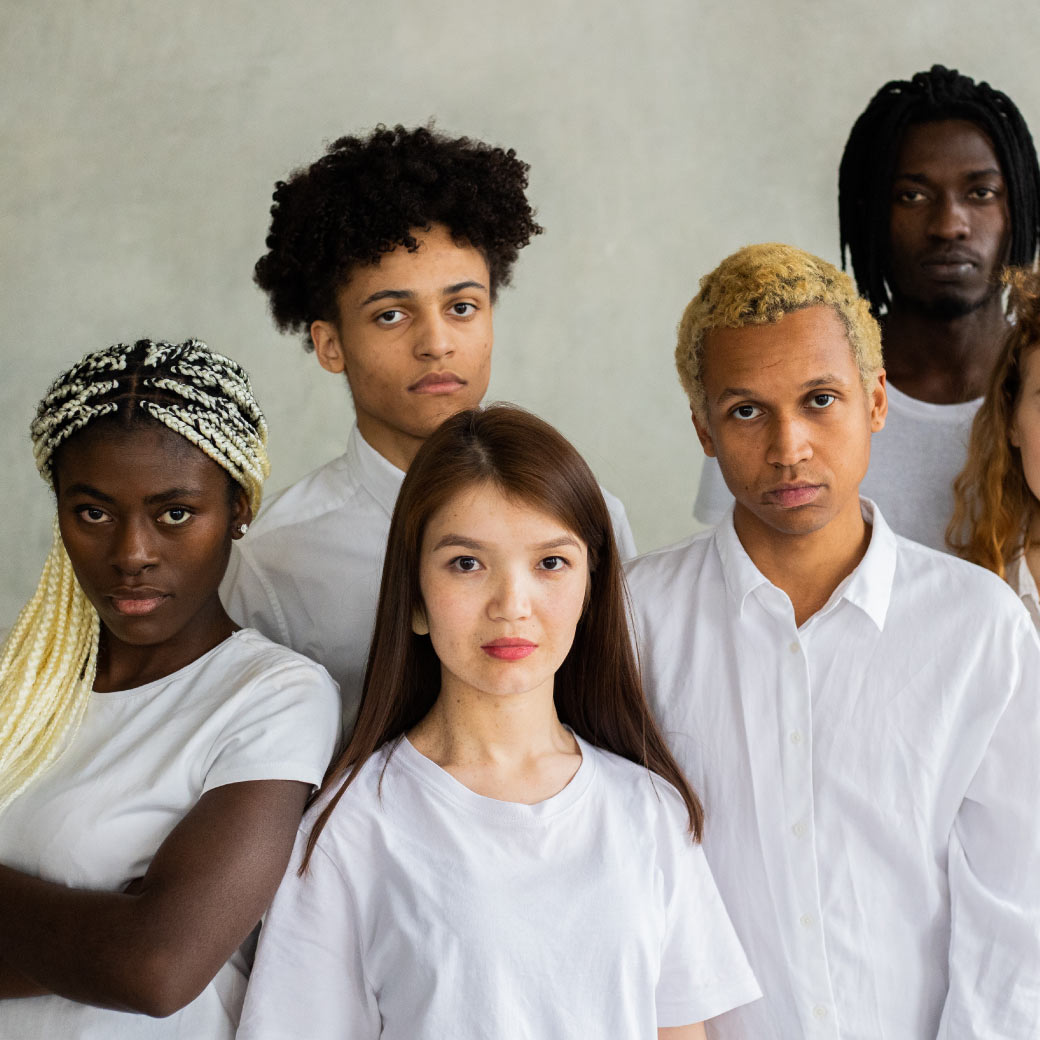A Photovoice Study Exploring the Subjective Constructions of ‘Born-Free’ Identities in a South African University
Main Article Content
Abstract
The South African identity has been shaped by nation-building discourse; it remains a point of ongoing political discussion well into South Africa’s democratisation. Literature suggests that ‘South Africans’ only exist through their creation by nationalist rhetoric; therefore, growing political discontent is reflected in a disentanglement from the ‘South African’ identity. This article, using photovoice, explores Black university students’ constructions of their identity in contemporary South Africa. The participants viewed the South African society as a divided one. Although they described the impact of nation-building discourse as having existed in the past, they spoke of it as a disingenuous sentiment that has faded with the passing of former President Nelson Mandela. Instead, the participants turn to their ethnic groups to establish a fluid cultural identity. The ‘bornfree’ generation is in a state of ‘in-between’: born after the official end of apartheid, they are thought of as having access to opportunities unavailable to previous generations. However, they continue to grapple with the challenges and unresolved legacies of the past. This project’s significant contribution lies in its emphasis on the perspectives and experiences of the ‘born-frees’ themselves. Existing literature shows that politicians and academics usually control discussions related to nation-building and transformation. Yet, the voices of the ‘born-frees’ are frequently side-lined, as they are perceived to lack firsthand experience of apartheid’s challenges. This study demonstrates that, even with democratic change, there are numerous aspects of ‘born-free’ lives that have remained untransformed.
Article Metrics Graph
Metrics
No metrics found.


